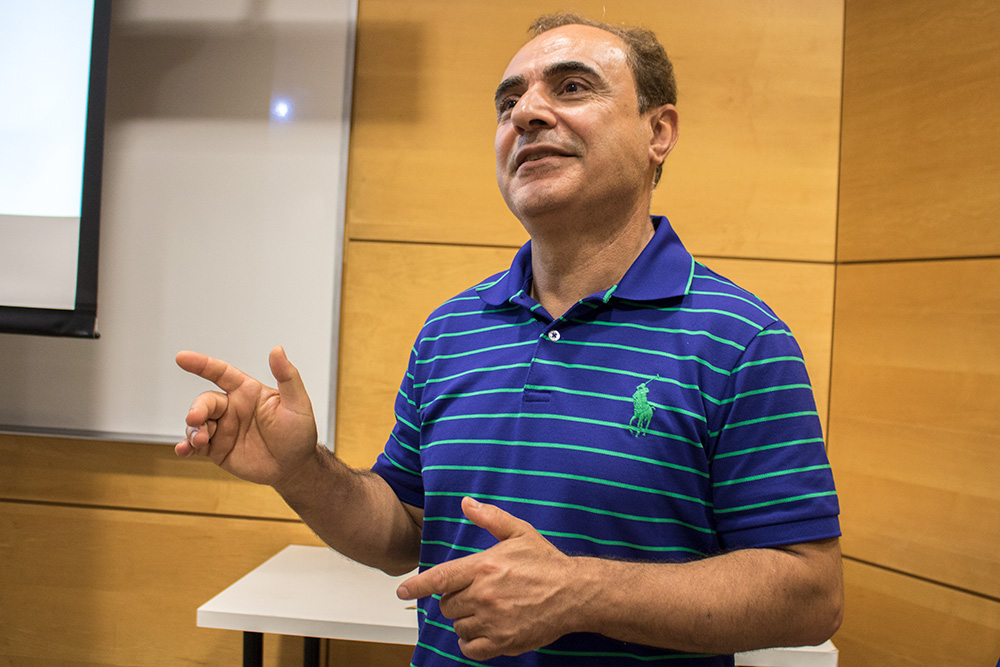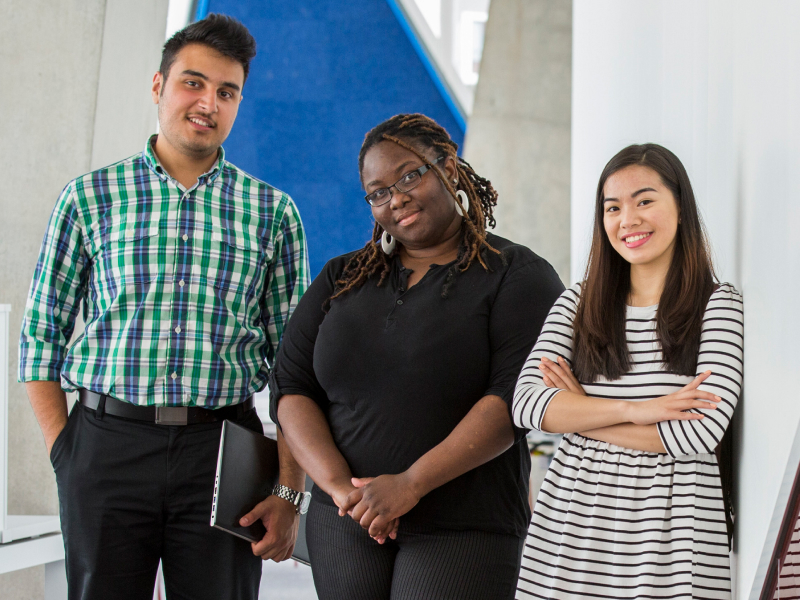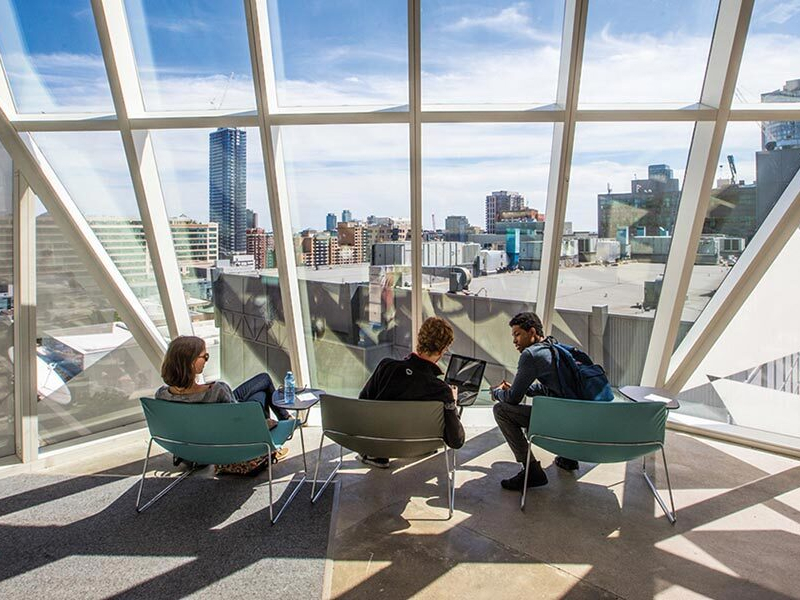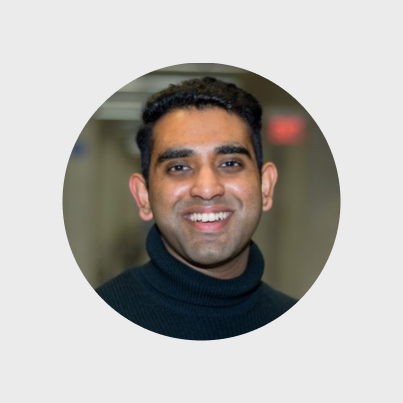Aerospace Engineering Undergraduate Degree Program
FEAS > Programs > Undergraduate > Aerospace
What makes this program different?
Through our research centres, co-operative programs and partnerships with leading aerospace companies, students learn to master the mechanisms behind flight and propulsion, and gain hands-on experience applying modern theories to the real world.
Degree
Bachelor of Engineering (BEng)
Department
Aerospace Engineering
Accreditation
Canadian Engineering Accreditation Board (external link, opens in new window)
Options
FT 4yrs, Co-op 5yrs, multiple optional specializations
Facilities for sophisticated & experimental research
Developing space planes, improving drones, conceptualizing fast transport systems like the Hyperloop - there are endless possibilities for sophisticated research in any of our 24 aerospace labs and facilities.
Learn about our labs
#1 in Ontario for dedicated & personalized student support
The First- Year Engineering Office (FYEO) caters to all first year academic and administrative needs, ensuring a successful transition from high school student to thriving future engineer! First year students also benefit from first year intervention and transition programs that help students maintain and upgrade their academic standing.
Funding for your studies & business ideasExplore scholarships, awards, income opportunities, and financial assistance options to finance your studies. |

Explore your journey
Aircraft: This specialization offers in-depth knowledge of analysis, design, development and control of all types of aircraft (airplanes, unmanned aerial vehicles, helicopters). As a graduate of this specialization, you'll be qualified for employment at more than 400 Canadian aerospace firms. The skills you acquire can also be applied to other areas, such as robotics and automotive.
Avionics: This specialization provides additional knowledge on the electronics systems in aircraft, satellites and spacecraft, giving students exceptional knowledge of flight instrumentation, computer control, and flight control algorithms. Graduates of this specialization are qualified for careers with most Canadian aerospace firms, yet skills can also be applied to other areas, such as robotics and automotive.
Spacecraft: Students in this stream design spacecraft, broaden their knowledge of mission planning and the dynamics of satellites on-orbit. In addition to general aerospace industry careers, graduates of this stream are qualified for jobs with leading aerospace companies and are equipped with skills that can also be applied to other areas like space robotics and Big Data analysis.
The co-operative (co-op) & internship program offers engineering students 8, 12 & 16 months of paid, full-time on-the-job experience, to develop skills, build professional connections and gain confidence in their chosen discipline.
The Optional Specialization in Management Sciences (OSMS) focuses on engineering and operations management, operations research, finance and organizational behaviour and prepares students for engineering leadership.
The Accelerated Masters of Applied Science Pathway helps research-minded students, who have a minimum CGPA of A-, earn a Master of Applied Sciences up to one year earlier.
A Professional Engineer (P.Eng) License (external link, opens in new window) is an optional professional designation for aerospace engineering graduates through Professional Engineers Ontario (PEO).
The first year Transition Program is designed to help students who may be struggling with the pace of university learning, have missed credits, or need to improve their academic standing. This program ensures that students have the tools and guidance they need to succeed and remain on track in their studies.

Aerospace students are empowered to lead and are equipped to chase new realms of knowledge and possibility. From building rockets to creating prototypes for clients like Bombardier and Collins Aerospace, students study aerodynamics, stress analysis and structural design, flight mechanics, stability and control, aircraft performance, propulsion, avionics and systems.
First & second year courses are designed to give students the foundation through mathematics and engineering sciences, areas that are essential for all engineering programs. You'll learn how to apply that knowledge to analyze and improve processes and systems, and to work with your peers to solve challenging aeronautical engineering problems.
By third year, students have a sense of their areas of interest and can choose to pursue one of three specializations (Aircraft, Spacecraft, and Avionics).
Final (fourth or fifth) year students focus on career readiness and pursuing independent passions and innovations through their specializations. Students also work on design teams to analyze aircrafts or spacecrafts and present their projects to industry representatives. Full course descriptions are available on the undergraduate calendar.

Get involved!
Engineering students join student government, groups, design teams & competitions to create meaningful relationships with alumni and industry, deepen their applied knowledge of engineering, and meet new people. Learn about some of our clubs including the Aerospace Course Union, (external link) the Canadian Aeronautics and Space Institute (external link) , Toronto Metropolitan University Aero Design (external link) , and the Toronto Metropolitan University Rocketry Club.

Get help!
Program-specific, career development, personal counselling and more, TMU is #1 in Ontario for providing support throughout your student journey.

Clusters & zones
Students and faculty tackle real-world problems through our four zones and six centres by joining forces with leading organizations, from industry and hospitals to community and government. Our students receive one-on-one mentorship from multidisciplinary experts, and use state-of-the-art technologies that ignite and nurture their start-ups from the ground up.

What does an aerospace graduate do?
Career possibilities
Our graduates leave TMU with the technical skills to design, test, manufacture and maintain aircrafts, spacecrafts, and both land and water vehicles. They also have the real-world experience and the confidence to lead and make decisions that are conscious of our surrounding world. This sets graduates apart, and lead many to thriving careers as pilots, aircraft designers, aviation managers, aeronautical engineers and more, working for leading national and international companies and governments.
Possible employers:
TMU aerospace graduates work for a variety of leading companies, in various roles including:
- Boeing
- Bombardier
- Canadian Space Agency
- De Havillan
- Magellan Aerospace
- Pratt & Whitney
- SpaceX
- Transport Canada
- + More

Vishaal Venkatesh
Manager Generative AI Lead, EY
“My internships allowed me to apply classroom theories to actual aerospace projects, preparing me for a successful engineering career.”
Aerospace Engineering (BEng) ʼ20
$10M for entrance scholarships
We offer more than $10M in academic-based entrance scholarships.
$10k for current students
We also offer more than $10k in aerospace engineering-specific awards. Look for one of our eight awards on the university’s scholarships and awards platform. (external link, opens in new window)
Earn income & develop career-related skills
Undergraduate research assistantships are available for third year students with a CGPA of 3.0 or more.
The Career Boost program provides jobs to eligible full-time undergraduate students.
Get financial assistance
Get info on government financial aid programs such as OSAP, out-of-province student loans, and U.S. student loans.








